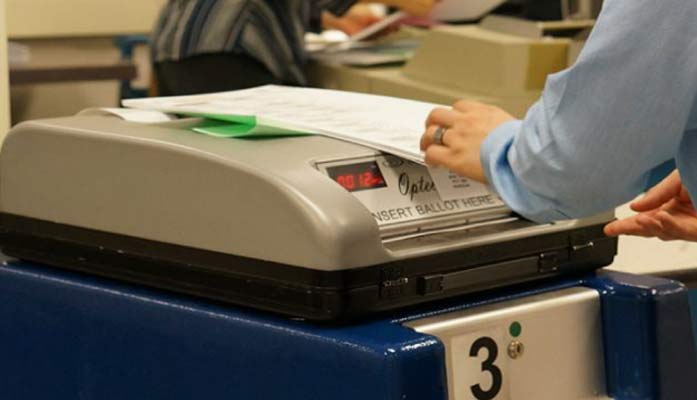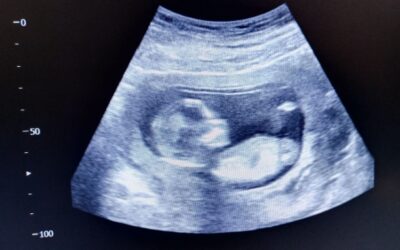By Terri Jo Neff |
A new committee tasked with reviewing Cyber Ninjas’ findings of the Senate’s ongoing audit of Maricopa County’s 2020 general election is one of the provisions signed into law last week when Gov. Doug Ducey put his signature on the Fiscal Year 2022 budget bills.
Formation of the Special Committee on the Election Audit was included by Senate President Karen Fann in an amendment to SB1819, one of the 11 budget bills. The committee will run through Jan. 1, 2022 and be made up of Democrats and Republicans who are members of the current Senate Government Committee.
The purpose of the committee, according to the new state law, is to recommend to the senate president “the appropriate legislative action based on the findings of the audit, including a call for a special session of the legislature to implement the special committee’s recommendations.”
The Fann amendment also provides leverage for pressuring Ducey to call a special session if it appears new election-related legislation is needed which cannot wait until next January’s regular session. Without an assured two-thirds vote margin in either chamber, the governor is the only option for calling lawmakers back into session to pass laws to take effect before the 2022 primary in August.
Ducey, however, has been reticent on the subject, leaving it to a spokesman to comment.
“We will wait and see what the committee recommends,” C.J. Karamargin said last month about the possibility of an election-related special session.
One reason a special session to address the election audit is so important to Republicans is that the majority of the election reform and election integrity bills introduced by GOP lawmakers during the regular session were either watered down or did not pass. And the main reason for that was the ongoing feud between Sens. Michelle Ugenti-Rita (R-LD23) and Kelly Townsend (R-LD16).
Ugenti-Rita chaired the influential Senate Committee on Government. She and Townsend butted heads throughout the session, often over the fact Ugenti-Rita refused to allow the committee to consider some of Townsend’s bills.
Then during the last week of the session, the women took turns voting against each other’s election bills, both of which contained reforms many Republican voters supported.









